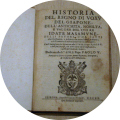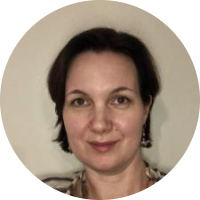
The Center for Russian, East European, and Eurasian Studies (REEES) at the University of Pittsburgh is an interdisciplinary center focusing on Central and Eastern Europe and the successor states of the former Soviet Union. As a Title VI National Resource Center (NRC) funded by the US Department of Education, REEES plays a critical role in promoting regionally focused scholarship and teaching on Pitt’s campus and raising awareness among wider communities in the Pittsburgh area and beyond. REEES's affiliated faculty members come from the humanities, social sciences and professional schools. The Center develops and supports student programs focused on foreign language acquisition, cultural immersion, and interdisciplinary area studies certificates to complement traditional disciplinary degrees. REEES also partners with various international and domestic organizations to promote educational, technical and economic development in the Center's world area.





